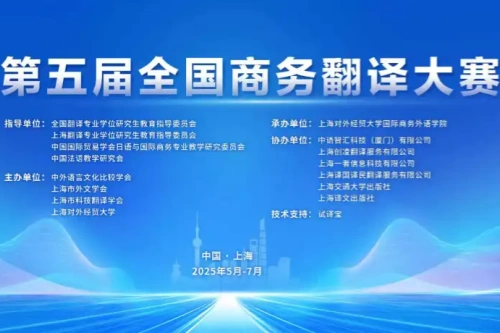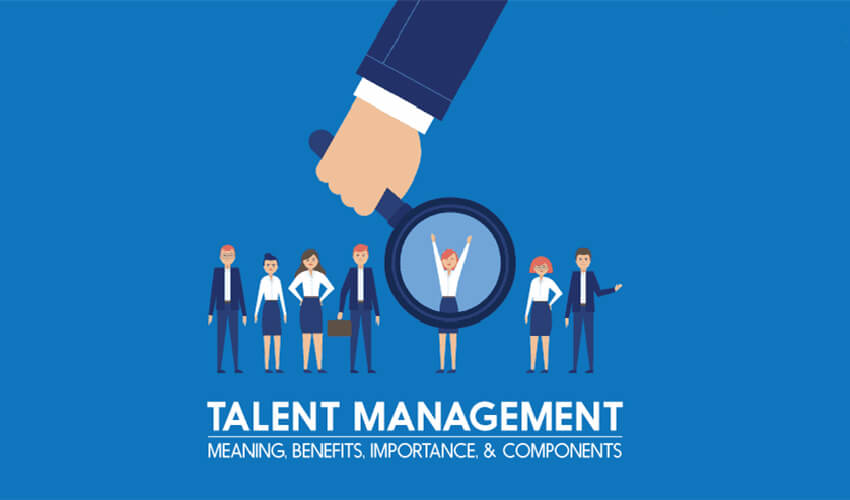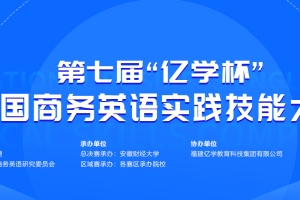Deliberation is not always the best option
Humans have been honed over millions of years of evolution to respond to certain situations without thinking too hard. If your ancestors spotted movement in the undergrowth, they would run first and grunt questions later. At the same time, the capacity to analyse and to plan is part of what distinguishes people from other animals. The question of when to trust your gut and when to test your assumptions – whether to think fast or slow, in the language of Daniel Kahneman, a psychologist – matters in the office as much as in the savannah.
Deliberative thinking is the hallmark of a well-managed workplace. Strategic overhauls and budget discussions are built on rounds of meetings, memos, formulas and presentations. Processes are increasingly designed to stamp out instinctive responses. From blind screening of job applicants to using “red-teaming” techniques to pick apart a firm’s plans, rigour trumps reflex.
Yet instinct also has its place. Some decisions are more connected to emotional responses and inherently less tractable to analysis. Does a marketing campaign capture the essence of your company, say, or would this person work well with other people in a team? In sticky customer-service situations, intuition is often a better guide to how to behave than a script.
Gut instincts can also be improved (call it “probiotic management”). Plenty of research has shown that intuition becomes more unerring with experience. In one well-known experiment, conducted in 2012, volunteers were asked to assess whether a selection of designer handbags were counterfeit or real. Some were instructed to operate on instinct and others to deliberate over their decision. Intuition worked better for those who owned at least three designer handbags; indeed, it outperformed analysis. The more expert you become, the better your instincts tend to be.
However, the real reason to embrace fast thinking is that it is, well, fast. Instinctive decision-making is often the only way to get through the day. Researchers at Cornell University once estimated that people make over 200 decisions a day about food alone. The workplace is nothing but a succession of choices, a few big and many small: what to prioritise, when to intervene, whom to avoid in the lifts and, now, where to work each day.
To take one example, when your inbox brims with new emails at the start of a new day, there is absolutely no way to read them all carefully. Intuition is what helps you decide which ones to answer and which to delete or leave unopened. Emails that are part of existing threads: open. Messages from people directly above and below you: open. Reminders from the chief information officer that cyber-security really, really matters: delete.
Instinct is also at work on those occasions when people have completely zoned out. They might be working on something else during a Zoom call, or playing chess on their phones, or simply admiring the ceiling pattern. Suddenly they are aware of a silence, and realise that they have been asked something or are expected to make a contribution. This is the office equivalent of coming face to face with a lion. Those who are fit to survive will say something plausible like “I’d like to understand how we are measuring success,” prompting murmurs of agreement from everyone else who hasn’t been paying attention but senses this might be a good answer.
Fast thinking is not just about self-preservation. It can help the entire organisation. The value of many managerial decisions lies in the simple fact that they have been made at all. Yet as data gushes from every pore of the modern organisation, the temptation to ask for one more bit of analysis has become much harder to resist. A well-established psychological phenomenon known as “verbal overshadowing” captures the danger of overthinking things: people are more likely to misidentify someone in a line-up if they have spent time writing a description of their faces. Managers often suffer from analytical overshadowing, mulling a simple problem until it turns into a complex one.
When to use intuition in the workplace rests on its own form of pattern recognition. Does the decision-maker have real expertise in this area? Is this a domain in which emotion matters more than reasoning? Above all, is it worth delaying the decision? Slow thinking is needed to get the big calls right. But fast thinking is the way to stop deliberation turning to dither.















